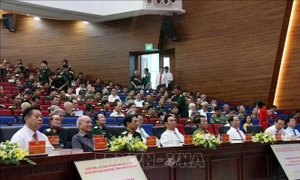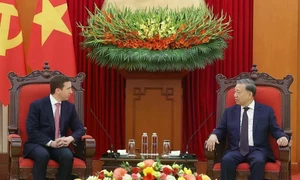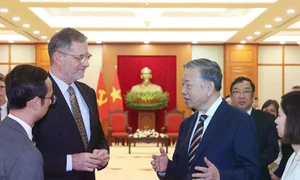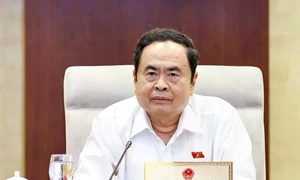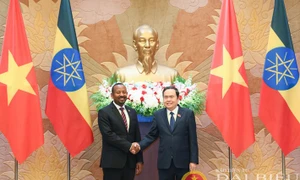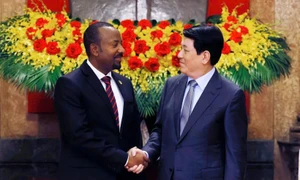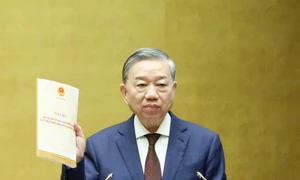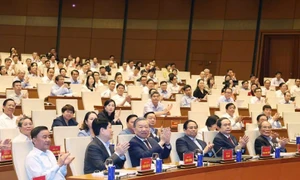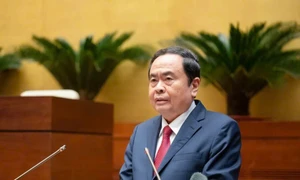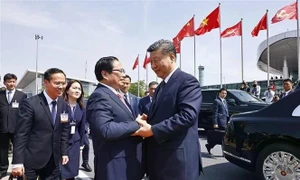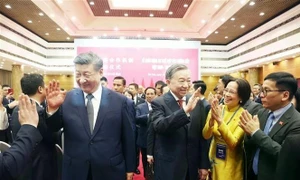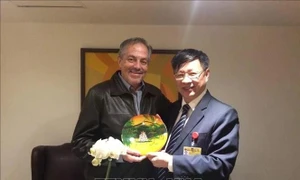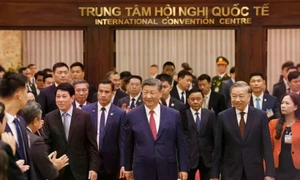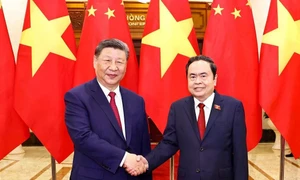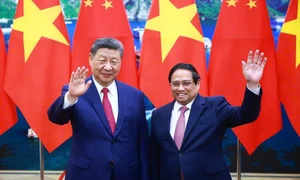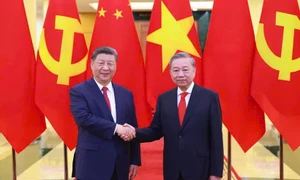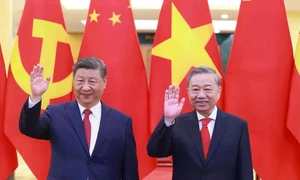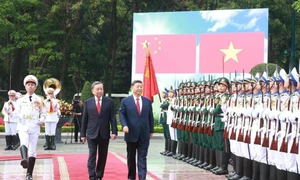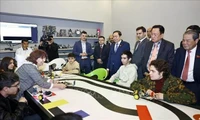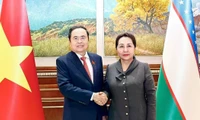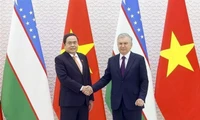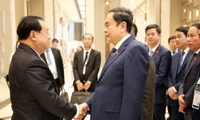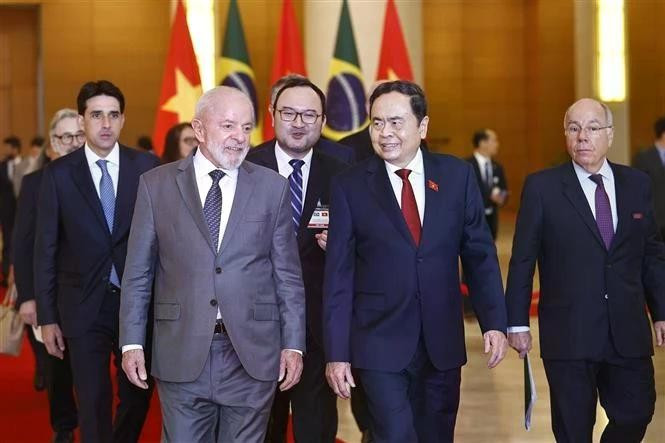
Vietnam treasures and wishes to foster friendship and cooperation with Brazil, the first and only Latin American country forming a Strategic Partnership with Vietnam in November last year, said National Assembly Chairman Tran Thanh Man.
Meeting with Brazilian President Luiz Inácio Lula da Silva in Hanoi on March 28, Chairman Man welcomed his state visit to Vietnam, hailing the presence of President of the Brazilian Senate and National Congress Davi Samuel Alcolumbre and Speaker of the Brazilian Chamber of Deputies Hugo Motta Wanderley as a clear sign of robust support from the Brazilian Congress and Government for the bilateral friendship and strategic partnership.
He said the Vietnamese NA strongly backs the establishment and concretisation of the Vietnam-Brazil strategic partnership, aiming to deepen cooperation across various fields aligned with both nations’ development needs and interests.
The Vietnamese legislature wishes to foster ties with the Brazilian Congress and reinforce the foundation of bilateral relations, he said, affirming Vietnam’s commitment to actively working with Brazil at global and regional parliamentary forums of which both countries are members.
Man praised the signing of cooperation agreements across politics-diplomacy, trade-industry, security, and sports during the Brazilian President’s visit. He particularly welcomed the Brazilian Government’s decision to recognise Vietnam as a market economy.
The Vietnamese NA will back the ratification and implementation of bilateral cooperation agreements, especially in such promising sectors as national defence, agriculture, finance, information and communications, education, healthcare, aviation, semiconductor industry, and digital transformation, he said.

Lula da Silva, for his part, believed that the Vietnamese NA would continue to effectively fulfil its role, particularly in law-building and institutional reform, contributing to Vietnam's overall development, and further elevating its stature in the region and the world.
He expressed confidence that the two Parliamentary Friendship Groups would effectively serve as bridges to foster cooperation and friendship between both nations’ legislatures and people.
On global issues, he underscored support for international cooperation, multilateralism, and peaceful negotiations to end international conflicts, striving to ensure food security, combat poverty, address climate change, and expand the representation of developing nations in global governance institutions.
Accordingly, he expressed desire for the two legislatures to reinforce cooperation on shared concerns such as climate change response and poverty alleviation, serving the interests and needs of both nations while contributing to the protection of multilateralism at international parliamentary forums.
The two leaders vowed to enhance all-level exchanges, including those between top legislators, parliamentary bodies, Friendship Parliamentary Groups, female and young parliamentarians; increase the sharing of expertise in legislation, supervision, and decision-making on key national issues.
They also pledged to leverage the role of their legislative bodies in promoting bilateral ties, ensure the effective implementation of the signed agreements by Government agencies, businesses, and localities; and assist businesses and citizens in living, studying and doing business in each nation./.
